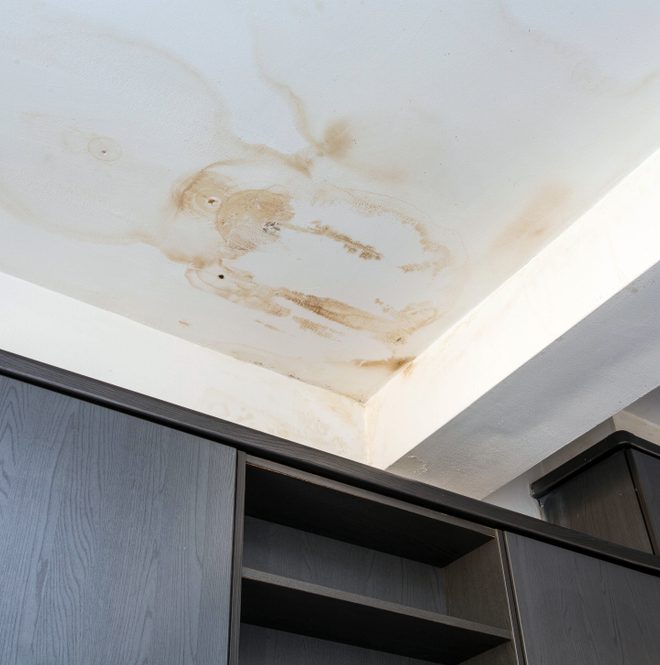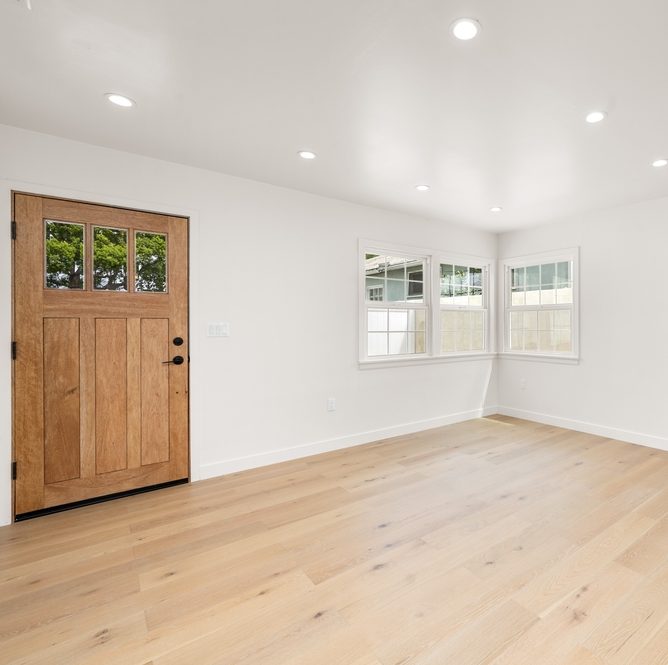
Case study: Unoccupied insurance during probate
When James became executor of his late uncle’s estate, he was left in charge of a semi-detached house that would remain empty for several months during probate. Aware that empty homes carry more risk, James took out unoccupied home insurance that included escape of water and vandalism cover.
The policy also required him to keep basic heating on and check the property weekly – which he did, noting each visit.
One cold morning in March, he arrived to find a damp patch on the kitchen ceiling. A pipe had started leaking slowly in the upstairs bathroom. Because he’d caught it early during his regular checks, the damage was limited to plasterwork and flooring. James’ insurer approved the full £3,500 claim without issue.
Without unoccupied home insurance, or if he hadn’t followed the policy conditions, James might have faced delays and repair costs during an already stressful time.

